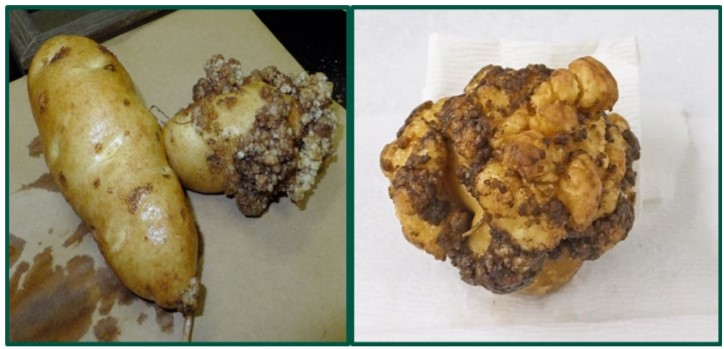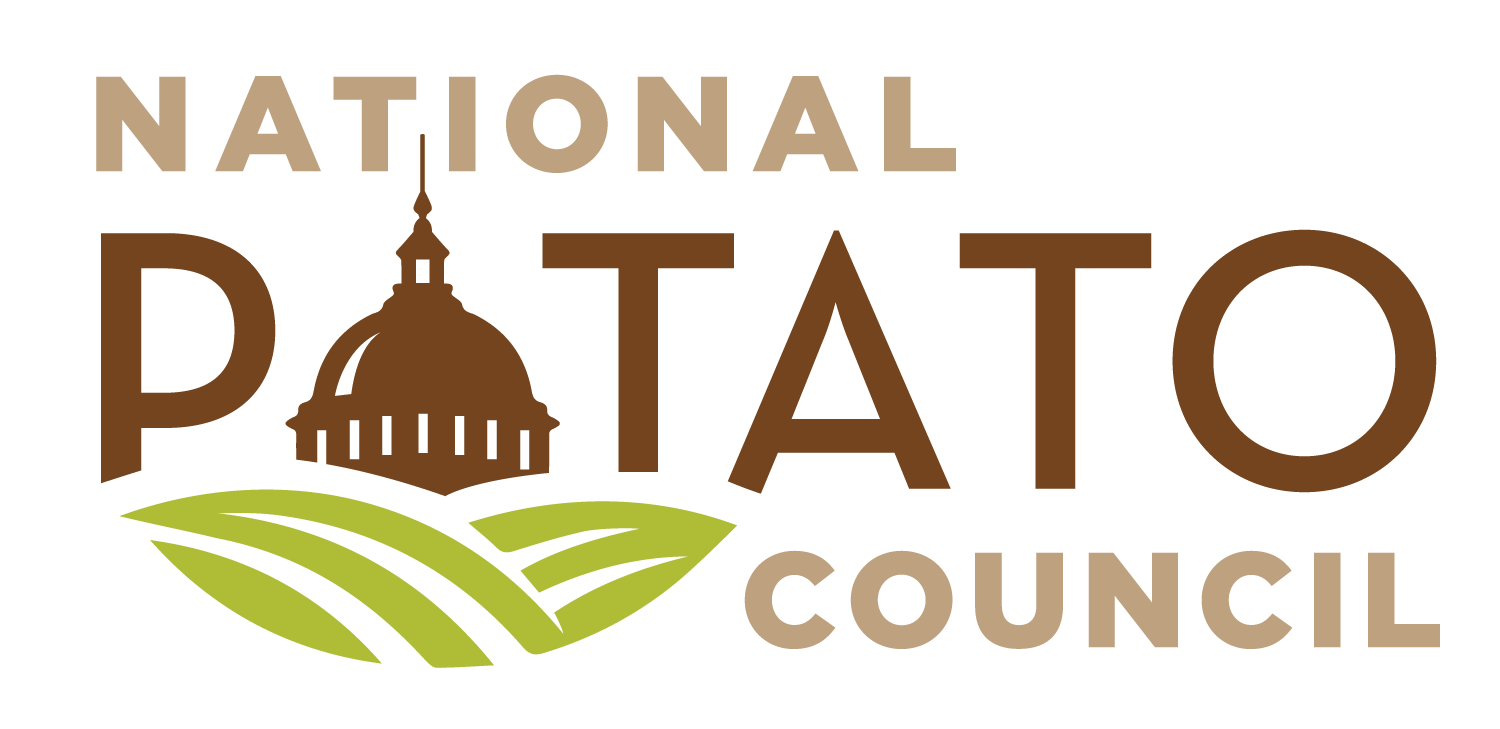Report confirms U.S. position that export ban was appropriate given disease risks

On October 14, USDA’s Animal Plant Health Inspection Service released a comprehensive report on the current status of the potato wart crisis on Prince Edward Island, Canada, stating that PEI’s potato wart infestation is “likely” larger than reported and that the disease is “almost certain to be introduced” to the United States without additional mitigation measures in place.
“This USDA report confirms the position of the U.S. industry over the past year and validates that the 2021 PEI export ban was entirely appropriate given the overwhelming disease risks,” said Kam Quarles, National Potato Council CEO.
Of particular note, the APHIS assessment includes the following statements:
- “The full extent of the potato wart infestation in PEI is still unknown but is likely to be larger than currently reported.”
- “Without mitigation measures, potato wart is almost certain to be introduced to U.S. potato production areas via seed potatoes imported from PEI.”
- “An estimated 37% of all PEI seed imports will go to climatically suitable environments”
- “Potatoes for consumption may be a pathway for the introduction of potato wart into the United States”
- “While some soil samples from the 2021 detection have been tested, several thousand remain to be collected.”
In November of 2021, in response to multiple potato wart detections, the Canadian Food Inspection Agency (CFIA) suspended shipments of PEI seed potatoes to all other Canadian provinces, instituted new protective measures on fresh (non-seed) PEI potatoes shipping to other Canadian provinces, and suspended all fresh potato exports from PEI to the U.S.
Following those steps, the PEI industry launched an aggressive public relations campaign calling the export ban “U.S. protectionism” and convinced Prime Minister Trudeau to raise the issue directly with President Biden in the Oval Office in late 2021. Five months after that meeting, USDA announced that trade in table stock potatoes would resume between PEI and the United States under the same protocol as before the ban.
Following the resumption of exports, NPC sent a letter to Secretary Vilsack saying the decision was disappointing. “We respect the substantial political pressure that Canada applied to the U.S. and the desire to satisfy their interests. Despite those pressures, it is surprising that APHIS would effectively return to the prior protocol given all the troubling information about the disease and the situation on PEI that was revealed following the export ban,” wrote NPC.
Throughout the crisis, the PEI potato industry claimed that potato wart was no threat to the United States potato industry and the issues on PEI were minor, involving only two fields. These arguments were levied despite the fact that potato wart has been found in Prince Edward Island in eight of the past 10 years, and in a total of 33 potato fields since 2000, including in both seed and processing fields since November of 2020. This new USDA assessment is a resounding rejection of those PEI claims.
“It is clear from this report, and the continued lack of full testing data on the true spread of disease on PEI, that our position remains entirely justified. This report is a mandate for USDA to implement additional mitigation measures that ensure U.S. potato fields remain disease-free,” said Quarles.

